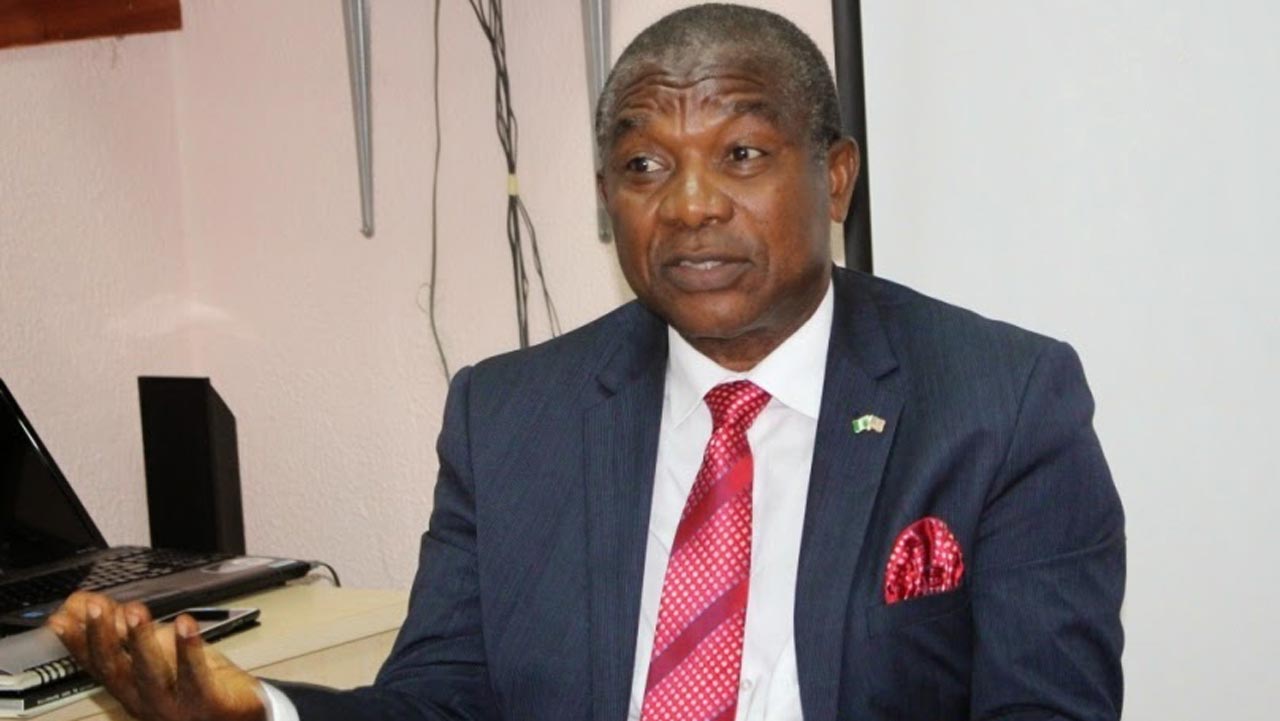“There is a need to re-organize our immunization programme to include the use of community pharmacies which is a huge healthcare resource presently underutilized.“The convenience of walking into a pharmacy and getting your vaccine will improve compliance and improve overall healthcare outcome.”He said PSN is ever ready to partner with the government, the World Health Organisation (WHO), the Roll Back Malaria (RBM) partners and other agencies to end malaria.
Co-founder Bill and Melinda Gates Foundation, Bill Gate said, “I believe it is not only possible to eradicate malaria. I believe it is necessary. Ultimately, the cost of controlling it endlessly is not sustainable. The only way to stop this disease is to end it forever.”Ohuabunwa said the theme for this year’s world malaria day has come to terms with this thinking hence the need for grassroots mobilization of the most affected countries.
According to WHO records, in 2017, about 219 million people were infected in 87 countries and an estimated 435,000 deaths. 92 percent of the cases were in Africa (61 percent children) and 93 percent of the recorded deaths occurred in Africa. Five countries accounted for nearly 50 percent of all malaria cases, four in Africa, namely Nigeria (25 percent), Democratic Republic of Congo (DRC) (11 percent), Mozambique (five percent), Uganda (four percent) and India (four percent).
Malaria affects all, but children under five, pregnant women and immune compromised persons are at greater risks.
The PSN President added: “2018 picture is similar to those above hence the urgency to do things differently.“On this World Malaria Day, the PSN joins the rest of the world in promoting the theme ‘Zero Malaria starts with me.’ It has become absolutely necessary to take this campaign to grassroots to create the necessary awareness needed and to mobilize all available resources at the disposal of the people to enable them to own the move to end malaria.”He warned that malaria is one of the already existing problems that global warming may have a significant impact on, and everyday living has a huge consequence on this great world challenge.
Also, the pharmacist said, the dwindling world economy and recession is a healthy dose of reality fuelling the sense of urgency to let the people own the fight against malaria.
Ohuabunwa said where prevention fails; chemotherapy remains the mainstay of malaria treatment. “Chemotherapy could be preventive or curative.
Examples of Preventive remedies include; Sulfadoxine / Pyrimethamine, Amodiaquine, doxycycline, proguanil to mention but a few, though WHO malaria treatment protocol supports the use of sulfadoxine/ Pyrimethamine, in preventive approach on pregnant mothers, after the first trimester (three doses) and children, on their basic immunization days,” he said. The PSN President said the Society joins the rest of the world to say ‘end malaria now’ by empowering the people and communities to own the programs of total eradication. chemotherapy remains the mainstay of malaria treatment then the indispensable role of the pharmacists can never be overemphasized.
“The practice of pharmacy in Nigeria today has left the traditional pedestrian and now integrative. Integrative pharmacy performs the traditional role of pharmacists, which is dispensing and recommending tablets and syrups, to alternative medicines and remedies, nutriceuticals, herbal preparations and nutrition. The Nigeria health consuming public must be empowered with choices to drive the zero malaria mantra.“The PSN will continue to provide the Government with information that will connect the dots towards drugs and medicines security. As Bill Gate opined in the statement above, sustaining malaria programs that are recurrent in expenditure is not practicable hence the need to end it.”
Source: Guardian

 To ensure availability, quality and affordability of malaria drugs, pharmacists under the aegis of the Pharmaceutical Society of Nigeria (PSN) have urged the Federal Government to encourage the local manufacture of anti-malaria medications. President PSN, Sam Ohuabunwa, in a statement ahead of the World Malaria Day (WMD), today, April 25, 2019, said there are presently some plants and herbs around, which have shown both anti-malaria activity and insect repellent ability.
To ensure availability, quality and affordability of malaria drugs, pharmacists under the aegis of the Pharmaceutical Society of Nigeria (PSN) have urged the Federal Government to encourage the local manufacture of anti-malaria medications. President PSN, Sam Ohuabunwa, in a statement ahead of the World Malaria Day (WMD), today, April 25, 2019, said there are presently some plants and herbs around, which have shown both anti-malaria activity and insect repellent ability.




